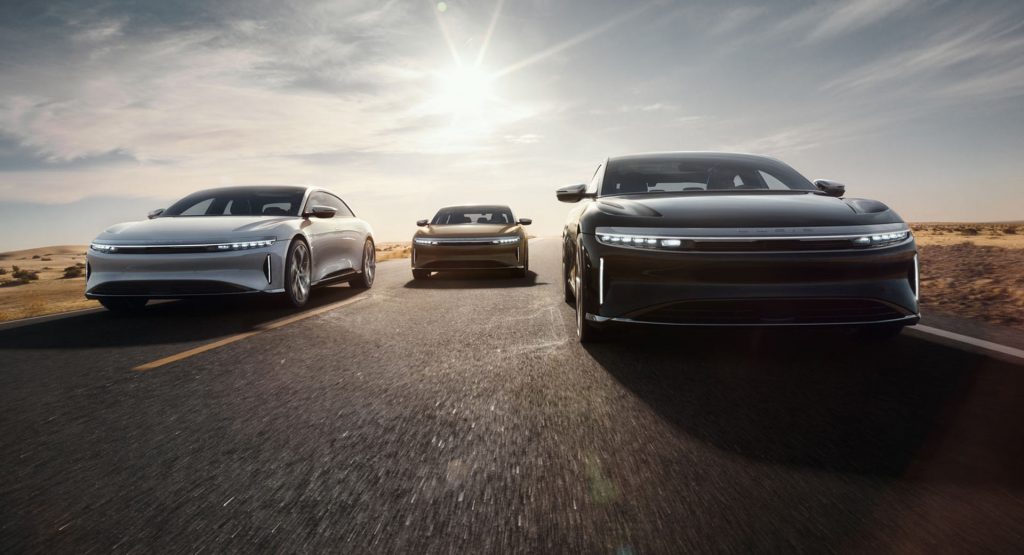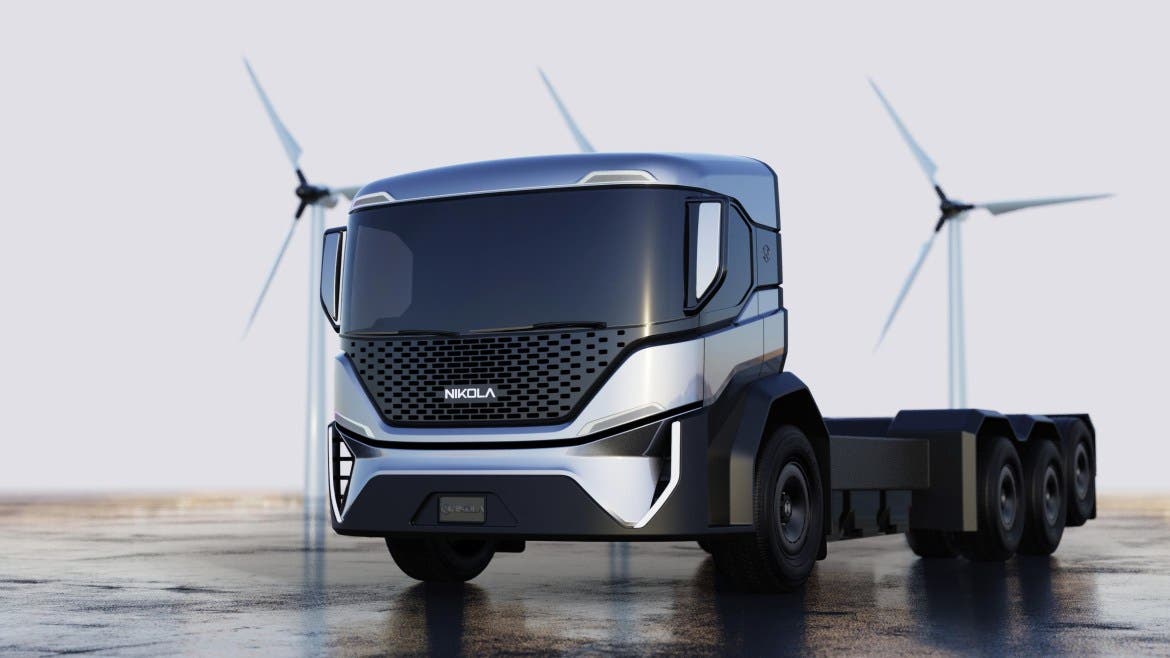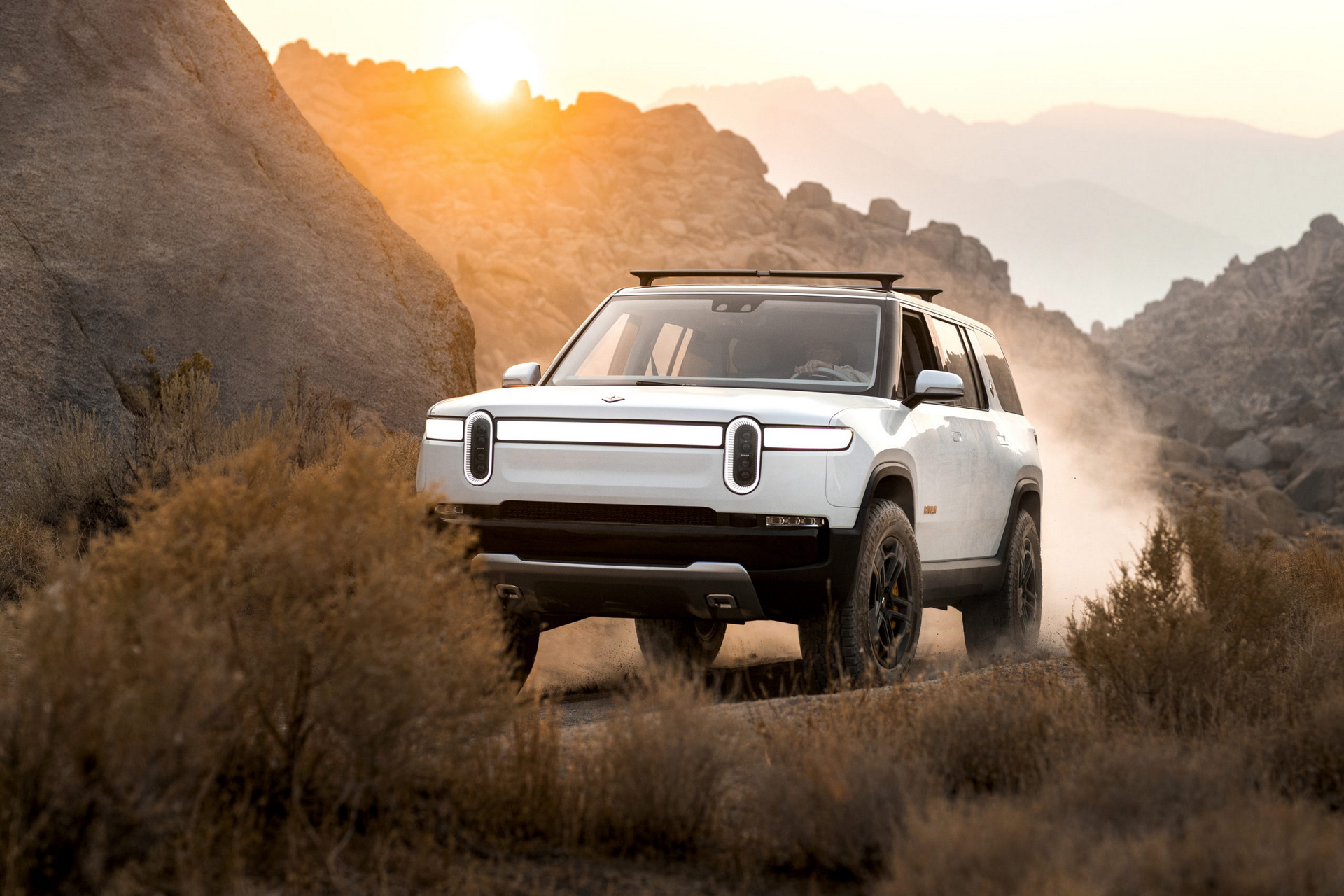The dot-com bubble of the late 90s was an expensive lesson in rampant speculation and unrealistic expectations. Two decades later, the same pattern may have emerged within the EV landscape — or so says a report in Harvard International Review.
There’s no denying the surging optimism surrounding electric vehicles. Whether it be the fact that Tesla turned a profit in 2020, or the pledge to build at least 500,000 US charging stations over the next 10 years, EVs are (almost) universally heralded as the future.
Both consumers and investors are betting on EVs. But with a new breed of investor emerging, enabled by the likes of Robinhood and r/Wallstreetbets, there are growing concerns that a bubble has formed.
See: Rimac CEO Says Raising Funds On Hype Alone Could Damage The EV Industry
The author of the study points out that, just like the overinflated dot-com companies that couldn’t make true on their promises, analysts see the same kind of stock over-inflation with unproven EV startups. Examples include the electric truck company Nikola and diesel-electric truck maker Hyliion, both of which have seen large losses off their value.
While it’s hard to pinpoint precisely why shares in EV companies are garnering so much attention, the writer points out two possible explanations: firstly, the accessibility of micro-investment thanks to apps like the aforementioned Robinhood, and secondly, the money that has been injected into the economy in the form of stimulus and unemployment checks.
If amateurs are to blame for putting money into risky investments, then the bubble may indeed burst. But even with the US Federal Reserve doing its best to ensure markets stay afloat, the jury is still out on how long it’ll last, or whether the wave can be ridden successfully.






